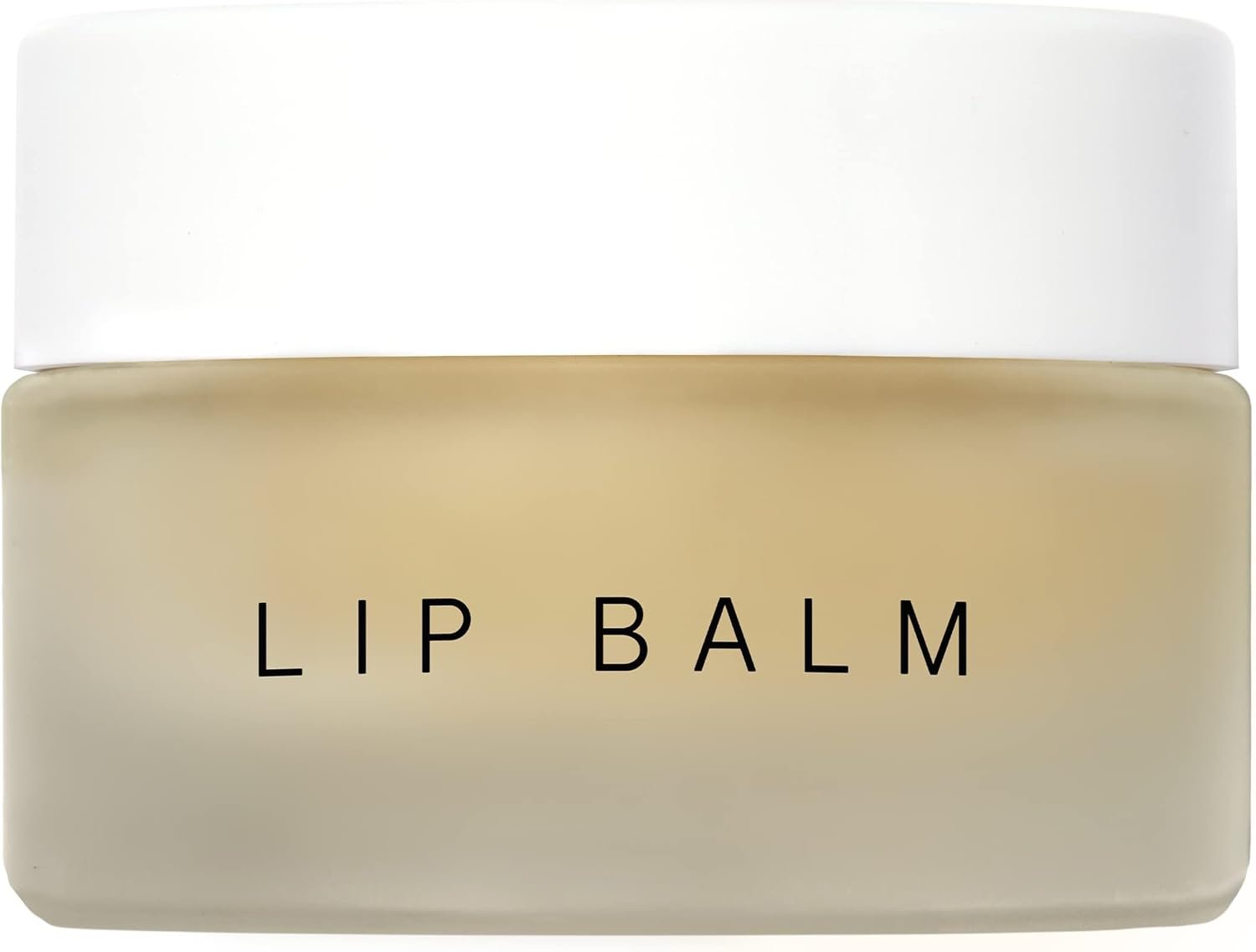এই সপ্তাহে শুরু হওয়া ডমিনিয়ন ভি। ফক্স নিউজ ট্রায়াল সম্পর্কে আপনার যা জানা দরকার তা এখানে
ফক্স কী সম্পর্কে কথা বলছে? বিদ্যমান ফক্স জমা দেওয়ার পরিচিতিসংস্থাটি বিশ্বাস করে যে এটি ভোটদানের মেশিনগুলি হেরফের করার দাবীগুলি প্রচার করে কারণ তারা বর্তমান রাষ্ট্রপতি এবং তাঁর কাছের লোকদের কাছ থেকে এসেছে এবং তাই সংবাদযোগ্য রয়েছে। আবেদনে বলা হয়েছে, “নির্বাচনের ফলাফলকে চ্যালেঞ্জ জানাতে এবং তার পুনর্নির্বাচনের ফলাফলের ফলাফলকে বিপরীত করার বর্তমান রাষ্ট্রপতির প্রচেষ্টার কাছে এটি … Read more







